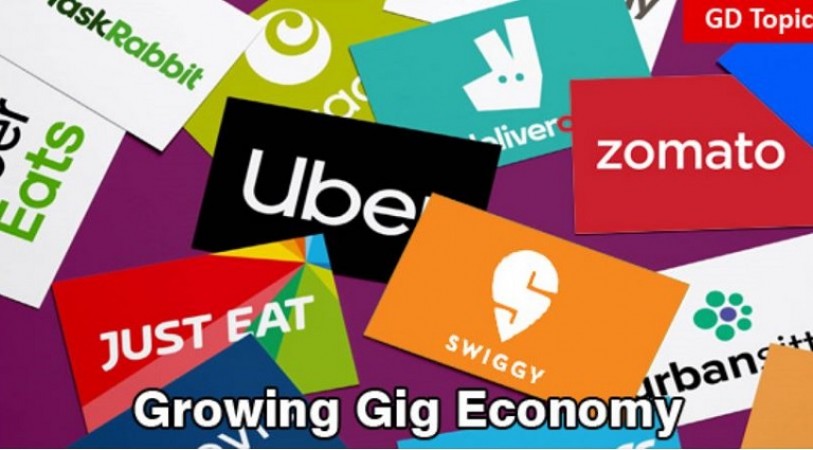
The gig economy, also known as the sharing economy, is a relatively new concept that has gained popularity in recent years. It refers to a labor market where temporary, flexible jobs are common, and companies tend to hire independent contractors or freelancers instead of full-time employees. The gig economy has had a significant impact on Indian youth, and this essay will explore its effects.

Dr Parul Sharda, the Author of the article, is the Associate Professor & HOD (Management), Indore Management Institute
One of the most significant impacts of the gig economy on Indian youth is the increase in job opportunities. With the rise of gig platforms like Uber, Ola, and Swiggy, young people can now find work easily and quickly. This has been especially beneficial for those who are just starting their careers and may not have the necessary experience or qualifications to secure a full-time job. The gig economy has also provided opportunities for those who may have been previously excluded from the traditional job market, such as women and people with disabilities.
Another impact of the gig economy on Indian youth is the flexibility it offers. Many young people today value flexibility in their work, and the gig economy provides just that. With the ability to work from home or set their own schedules, young people can balance their work and personal lives more effectively. This has been particularly beneficial for those who are pursuing higher education or have other commitments that require flexibility.
However, the gig economy also has its downsides. One of the most significant concerns is the lack of job security. Gig workers are not entitled to the same benefits and protections as full-time employees, such as health insurance, paid leave, and retirement benefits. This can make it difficult for young people to plan for their future and can lead to financial instability.
Another concern is the potential for exploitation. Gig workers are often paid less than full-time employees and may not have access to the same legal protections. This can lead to situations where workers are forced to work long hours for low pay, with little recourse if they are mistreated.
In conclusion, the gig economy has had a significant impact on Indian youth. While it has provided new job opportunities and increased flexibility, it has also raised concerns about job security and exploitation. As the gig economy continues to grow, it is essential that policymakers and companies work together to ensure that gig workers are treated fairly and have access to the same protections as full-time employees...*These are the personal views of author
Read more:
FM asks ADB to support India with more concessional climate finance
Great Outlook on Indian economy: PM Modi on highest ever GST tax collection